Are Any Vegetables Dangerous?
Published March 18 2021, 2:49 p.m. ET
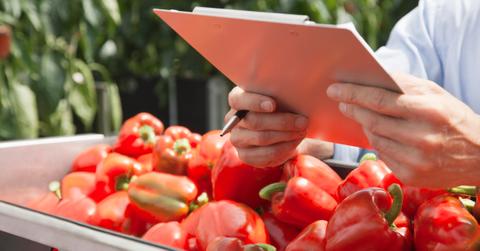
When one thinks about vegetables, one usually doesn’t think of the word dangerous. From a young age, we’re told that vegetables are good for us, that they make up the largest section of the fabled food pyramid, and that we need to eat them if we’re going to grow up big and strong. However, some people wonder what, if any, are the most dangerous vegetables.
Off the bat, no vegetables are dangerous because of their nutritional content, but because of our own shortsighted farming processes.
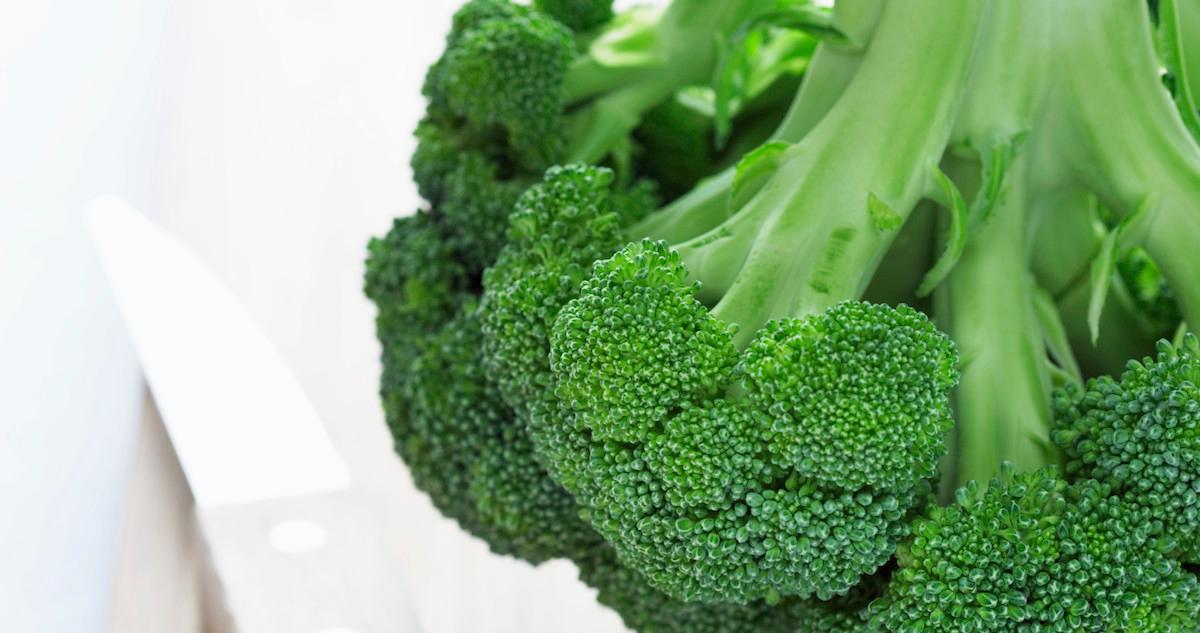
What is the most dangerous vegetable?
Every year, the Environmental Working Group releases a list of the 12 fruits and vegetables that contain the highest pesticide residues when purchased conventionally, known as the Dirty Dozen. For the past several years, strawberries have been at the top of the list, and in 2021, spinach comes in second. This is the definition of irony, because spinach also happens to be one of the healthiest vegetables in the world.
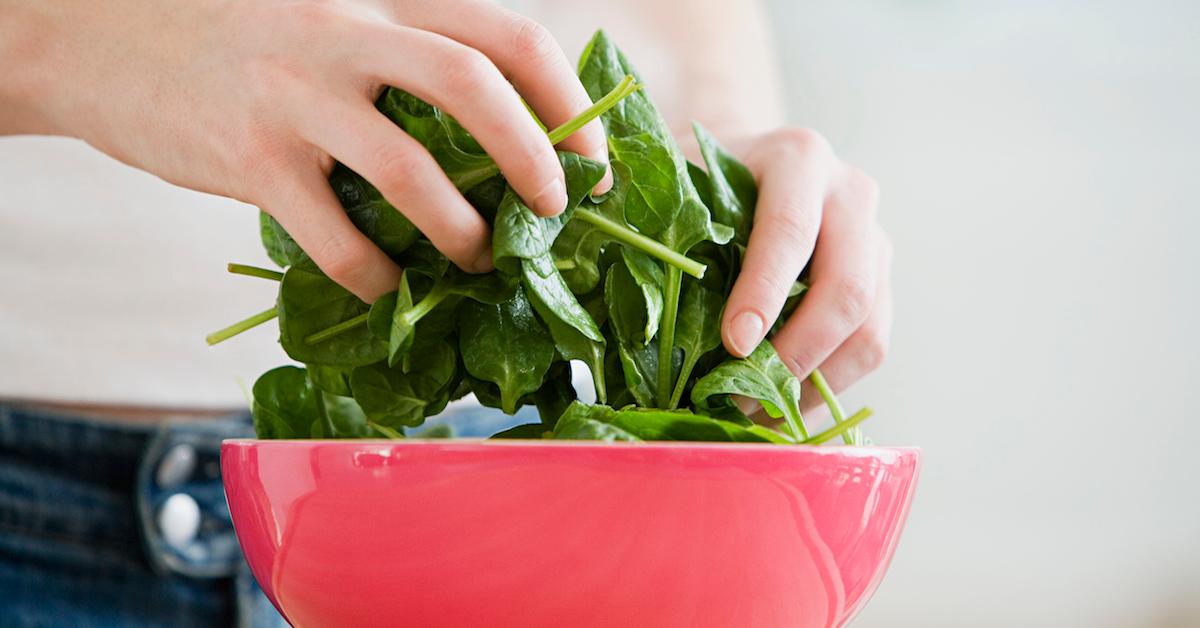
Why are these vegetables considered dangerous?
Green Matters recently interviewed EWG toxicologists Thomas Galligan and Alexis Temkin about the specific dangers posed by the Dirty Dozen. They explained that high pesticide exposure has been related to a wide range of harmful health effects, including cancer and hormone disruption. These pesticides could also potentially damage a child’s developing brain and nervous system.
These vegetables are also dangerous because of their sheer availability. Strawberries, tomatoes, spinach, and kale are abundant crops, and most people don’t even realize they may be contaminated with pesticides. According to Time, FDA pesticide residue testing revealed that more than 92 percent of conventionally-grown kale samples contained at least two different forms of pesticides.
That said, both Galligan and the EWG maintain that everyone should "eat lots and lots of fresh fruits and vegetables, regardless of whether they’re conventional or organic, because fruits and vegetables are a really critical part of a healthy diet, and eating fruits and vegetables outweighs the risks of consuming pesticides."
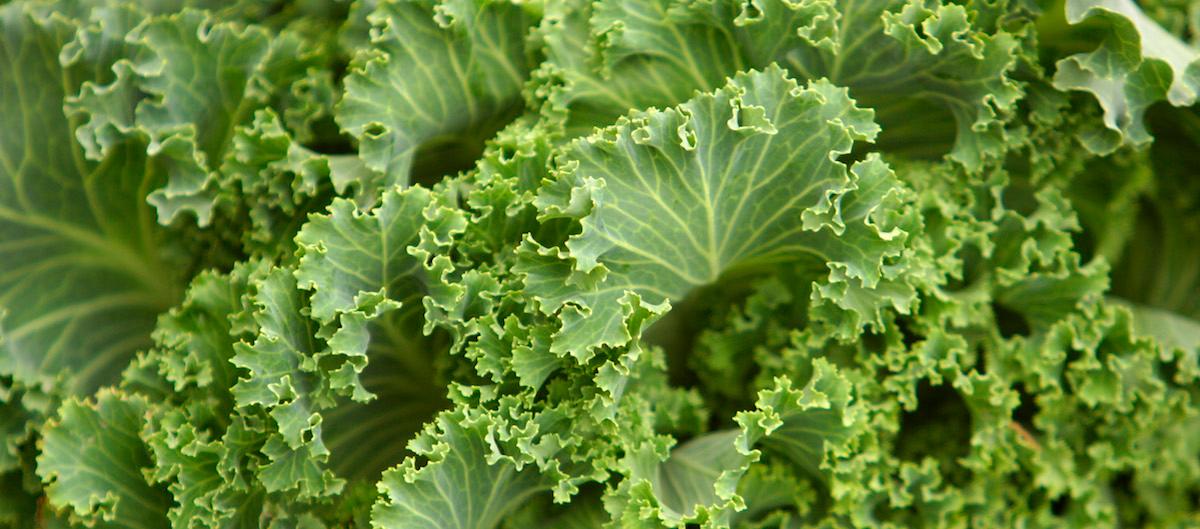
What vegetables should you never eat?
If you want to avoid too much pesticide exposure, you can shop for organic versions of the vegetables on the Dirty Dozen. You can also shop for versions grown locally, domestically, or organically in your own backyard. However, there are some vegetables out there that some experts recommend staying away from if possible, and those vegetables usually come from a can.
According to Delish, many canned vegetables are high in salt, contain so-called “flavor enhancers" that are known to cause stomach pains or make digestion difficult, are full of additives and, in some cases, additional sugars. This is not always the case, but if you do shop for canned veggies, consider checking labels to find canned veggies that do not contain salt or any other additives, to keep things as healthy as possible.
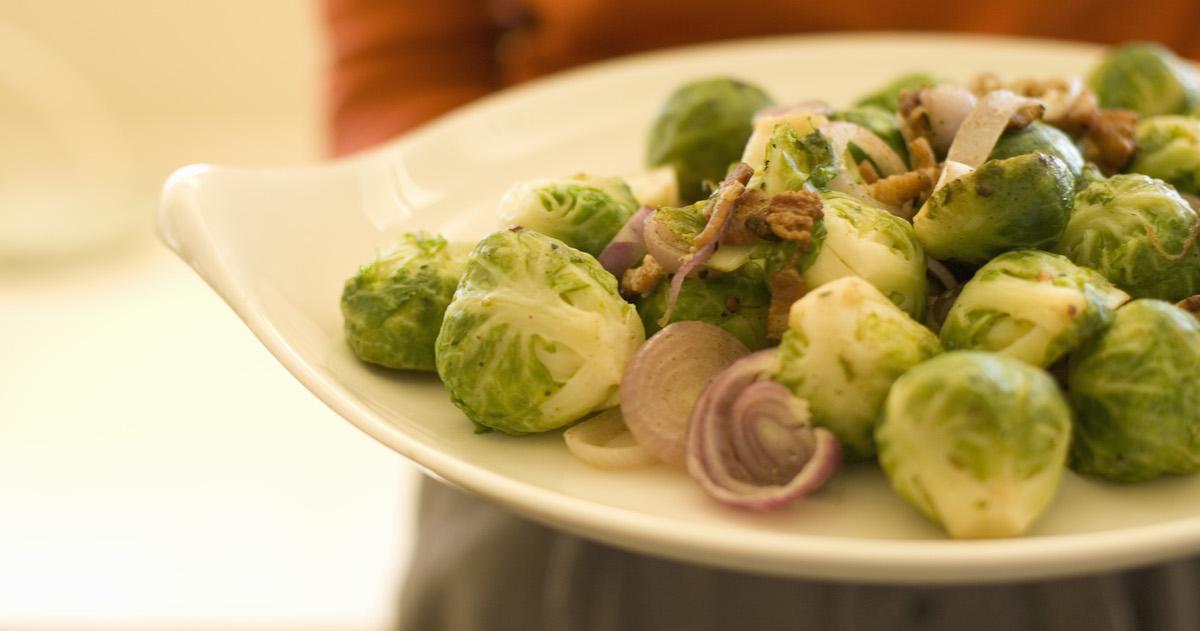
What vegetable does Dr. Oz say to throw out?
Dr. Oz is often considered an expert when it comes to nutrition, though the jury is still out on most of what the celebrity doctor has to say. Yet, even he has weighed in on the debate of the most dangerous vegetable. According to Dr. Oz’s website, conventionally-grown potatoes might be guilty of the same pesticidal crimes as spinach and strawberries. While potatoes were on the 2020 Dirty Dozen, they did not make the cut in 2021, meaning their pesticide residue may have generally gone down in the past year.
Potatoes are tubers, which means the part we eat grows below the soil. Potatoes are close enough to the soil's surface, however, that they can easily absorb pesticides and fungicides through their thin skin. As a result, washing or peeling potatoes won’t necessarily remove the pesticide's chemicals.
What is the No. 1 toxic vegetable?
On their own, no vegetables are entirely toxic (unless you have an allergy, of course). However, there is one vegetable that can be partially poisonous to humans: rhubarb leaves.
Rhubarb leaves contain oxalic acid, a chemical that can cause death if a human consumes between 5.7 and 11.7 pounds of rhubarb leaves, depending on the specific leaves and the individual's weight, according to Healthline. While rhubarb poisoning is rare (since most people wouldn't eat that much at a time), it's probably safest to stick to rhubarb stalks.
Despite the Dirty Dozen and Dr. Oz's warnings about dangerous vegetables, the reality is that produce of any sort is a key part of a healthy, balanced diet. It's also not always possible for everyone to avoid eating conventionally-grown produce. Not everyone has access to organic produce or a backyard garden where they can grow their own. In the end, experts agree it is better to eat fruits and vegetables whether or not they are organic, rather than avoid them entirely out of fear.